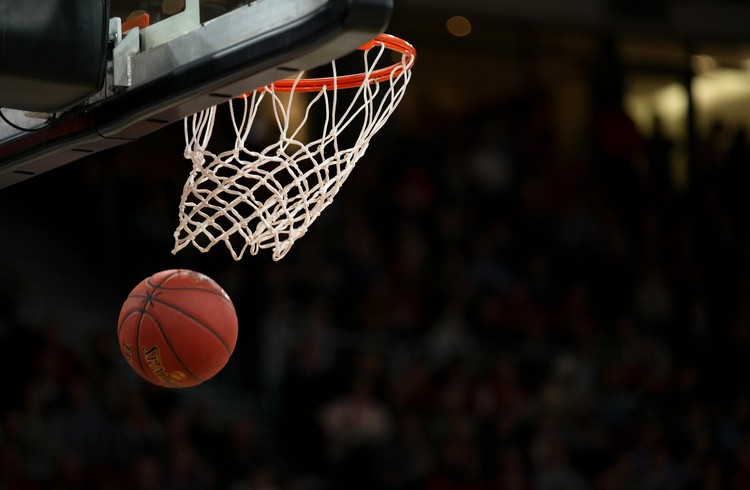
3 September 2024
The U18 African championships got underway on Monday after Basketball South Africa delayed announcing many key aspects surrounding the tournament. Photo: Markus Spiske via Pexels (free to use).
The U18 African basketball championships, known officially as the International Basketball Federation (FIBA) U18 Afrobasket, got underway this week. Hosted this year in Pretoria, teams from 12 different countries will participate.
The tournament will begin on 3 September for the girls’ teams and 4 September for the boys’ teams. Originally, the tournament was set to begin on Monday, but according to a statement on the FIBA website it was delayed to allow teams from abroad to arrive.
Just two weeks before the tournament was meant to get underway, we reported how Basketball South Africa (BSA), the local governing body for the sport, had still not announced the national boys’ and girls’ teams, their coaches or the official venue. The same day the article was published, sports minister Gayton McKenzie posted a comment on social media linked to the story, stating that his office would look into the issues and produce findings the next day. As the tournament commences, no findings have been made public.
However, on 29 August the department released a statement inviting media to cover the tournament. BSA published the names of the 12 players in the boys’ and girls’ teams. The coaches were posted on 27 August, a week before the tournament. The venue – the University of Pretoria’s Rembrandt Hall – was only announced four days later, several days after some teams had already arrived in the country.
Several players picked for the final U18 team were not in the original 25-person training squads selected from the previous year’s U17 Interprovincial National Tournament (IPT). This left some players from these squads, who spoke to GroundUp, disheartened as they had been told that only players from the squads would be selected.
Records from the International Basketball Federation (FIBA) website, which go as far back as 2014, show that neither the South African U18 boys’ nor girls’ teams have competed in the last ten years. The competition happens every two years and South Africa is participating for the first time in at least a decade.
Also, only five provinces participated in the U18 2024 Inter-Provincial Tournament (ITP) and the U16 ITP.
Funding has been an issue when it comes to sending teams to provincial tournaments, a parents of a Western Cape player told GroundUp. The parent asked to remain anonymous out of fear that speaking out against BSA could affect their child’s basketball career. For the 2023 U17 IPT, where players were selected for the U18 training squads, the Western Cape team was forced to independently fundraise to attend the tournament.
The fundraising included two BackaBuddy campaigns, currently still up. Without this fundraising, the team would not have been able to participate in the IPT last year, said the parent.
The only thing the WCBA supplied was the team’s kit. But, according to the parent, WCBA sent incorrect kits, and the team had to play in red when their colours are meant to be blue and white. Many of the kits and tracksuits were also apparently missing the official Western Cape logos and sponsorship branding.
Questions about the lack of funding and provincial participation were sent to both BSA and the WCBA. GroundUp is yet to receive a response.
In January 2023, Daily Maverick spoke to Sanele Mthiyane, president of BSA and a board member of the South African Sports Confederation and Olympic Committee (SASCOC). Mthiyane lists several areas he would be focusing on in 2023 to transform the sport. Yet subsequently, BSA failed to submit its data sheets to the Department of Sport, Arts and Culture, which were meant to detail how they advocated for transformation in sport and recreation.
The BSA was one of three federations, including Chess SA and the South African Football Association, out of 19 that failed to submit their datasheets. The other 16 federations that did submit their sheets also missed their targets, leading to a 100% deviation on this programme.